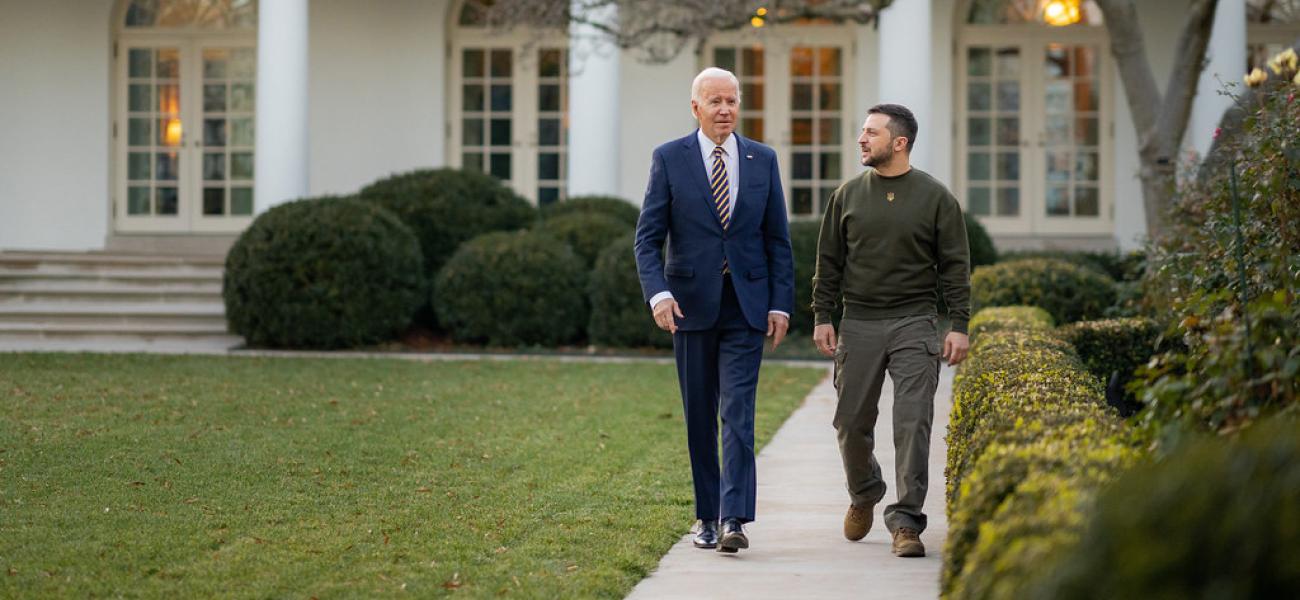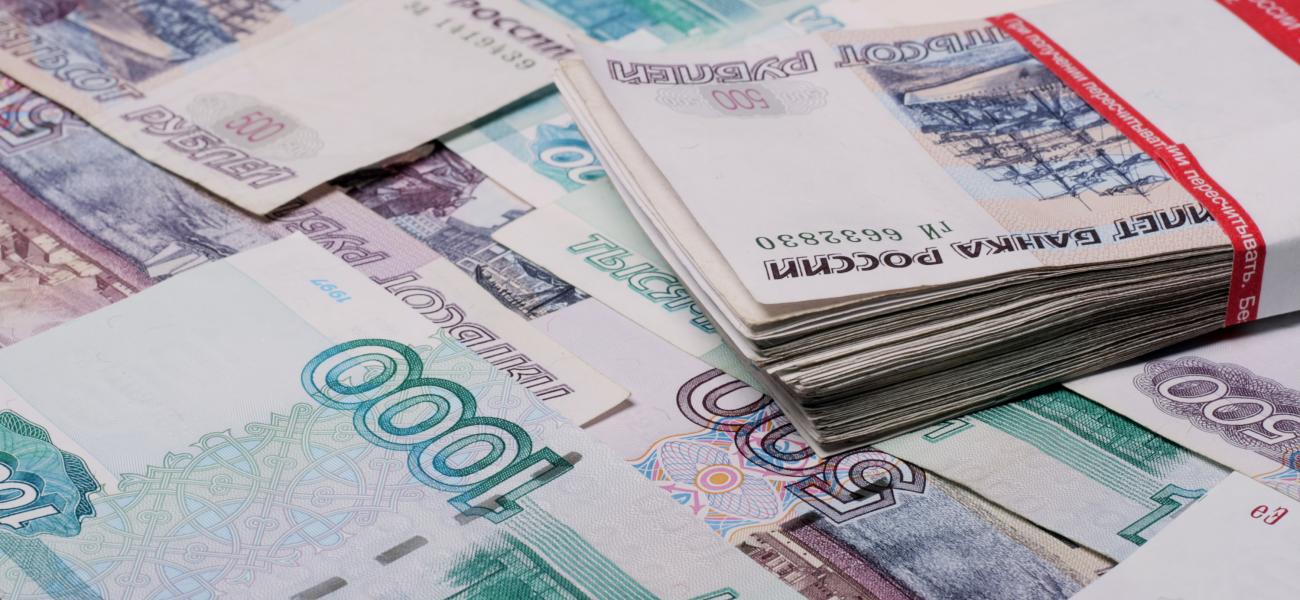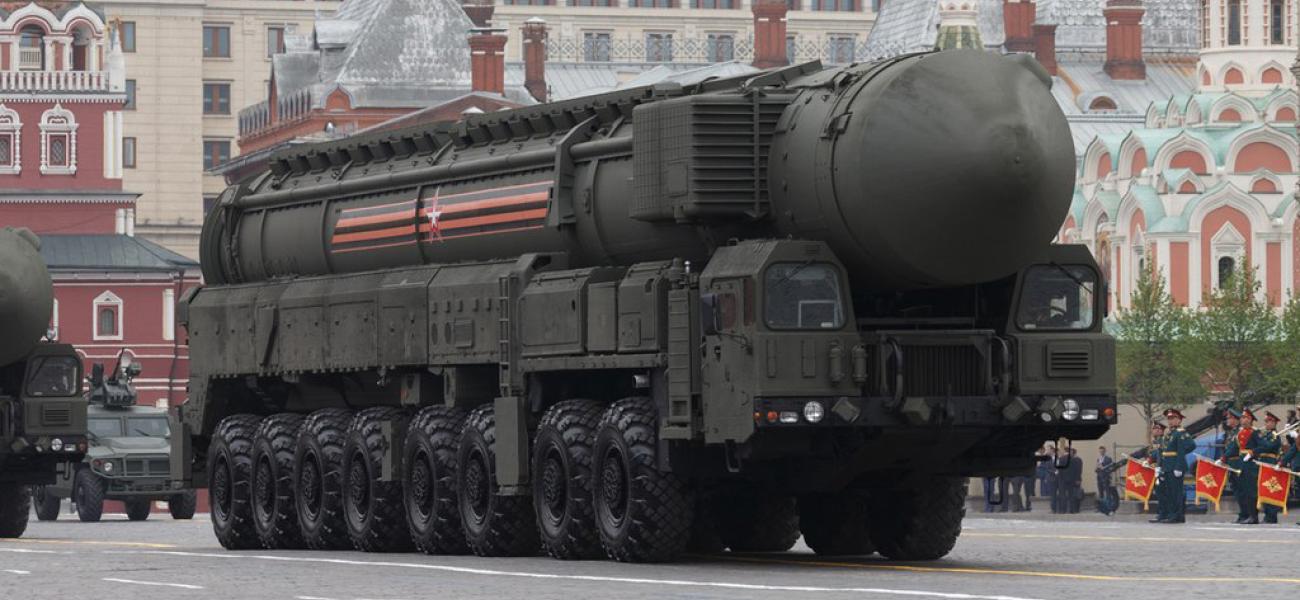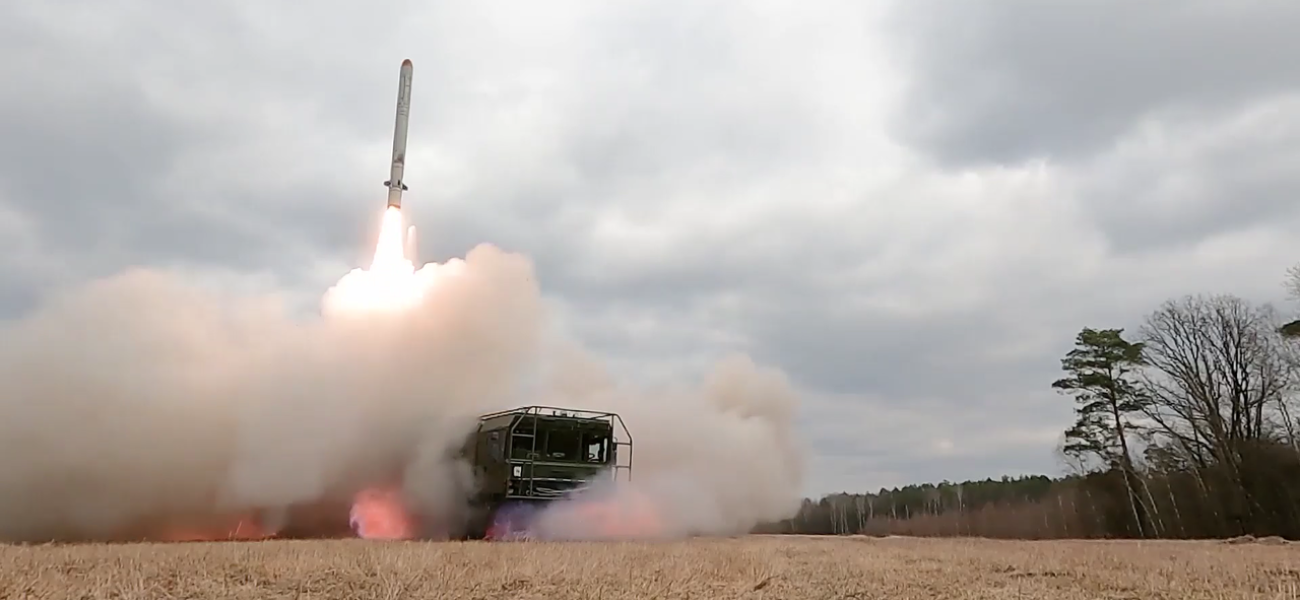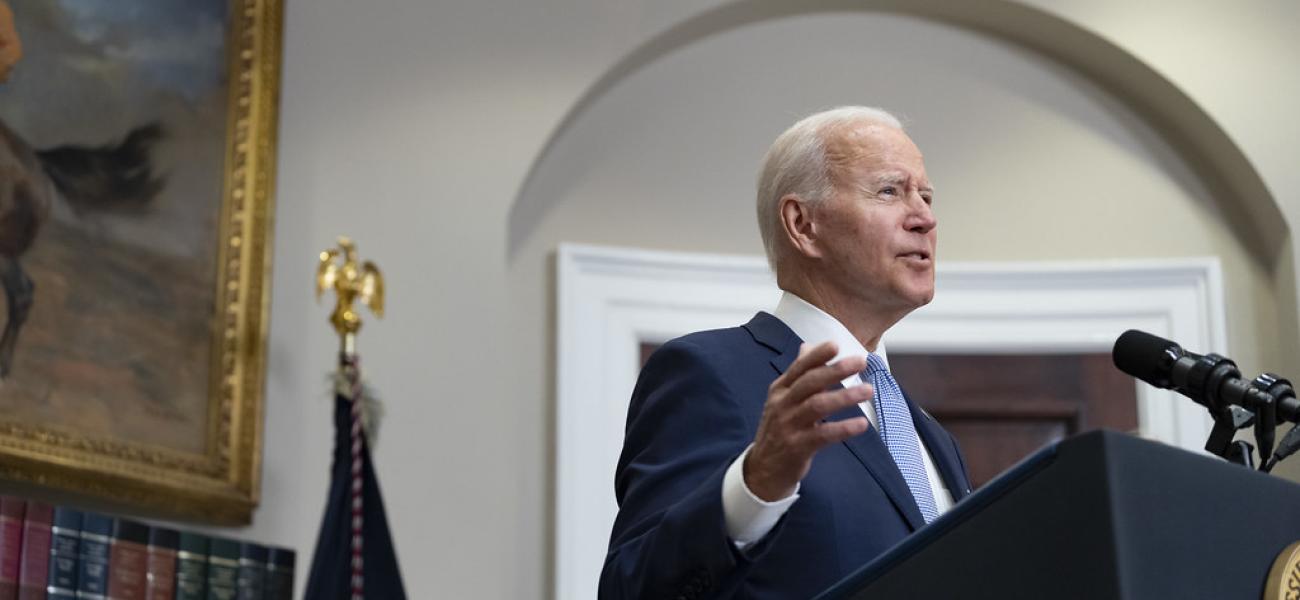Of expressions used to signal the West’s resolve to help Ukraine in its war effort, two seem to have become particularly popular. Not a fortnight seems to go by without a Western official publicly promising that they and their colleagues will do “whatever it takes” and for “as long as it takes” in their continued support for embattled Ukraine. But what condition (or conditions) need to arise for these officials to declare that their vows have been fulfilled? To try to answer this question, we have searched news aggregators and other resources to see if any of these officials specify the goals they are seeking to accomplish by doing “whatever it takes” for “as long as it takes.” Of the 27 instances of these expressions that we caught in our linguistic dragnet, only a few were accompanied by specifics. One was by then-Italian Prime Minister Mario Draghi, who vowed the following less than 24 hours before Russian President Vladimir Putin formally announced Russia’s invasion of Ukraine on Feb. 24, 2022: “We have our allies at our side ... together we will do whatever it takes to preserve Ukraine's sovereignty, Europe's security and the integrity of the international order based on the rules and values we all share.”
In the Thick of It
A blog on the U.S.-Russia relationshipPolls Show Western Public Favors General Support for Ukraine, But Is Increasingly Skeptical About Supplying Arms
As the world nears the first anniversary of Russia’s invasion of Ukraine, the majority of Ukrainians remain resolved, in spite of the enormous casualties and destruction that the war has caused, to fight until victory. A January 2023 poll by the Kyiv-based Institute of Sociology found that more than 95% of respondents are confident that their country will win the war, with only 2.5% saying they are unsure Ukraine will prevail. Polls of Ukrainians by international research organizations have also revealed a high level of determination. For instance, a Gallup poll from September found that 70% of Ukrainians believed in continuing the war until victory,1 while only 26% wanted their government to “seek to negotiate an ending to the war as soon as possible.”2 In contrast, in Russia, the share of people who prefer peace talks over continued fighting increased from 48% in September to 53% in November, according to the Chicago Council on Global Affairs and the Levada Center.
But what of people in Western countries, whose support has been crucial to the Ukrainians’ effort to repel the Russian invasion? Does their support of continued assistance for Ukraine’s efforts on the battlefield persist? And are they as likely as Ukrainians to favor fighting until victory over a negotiated end to the conflict? Our review of available polling data suggests that, if current trends continue, the share of Westerners who oppose continuing the supply of arms to Ukraine may exceed the share of those in favor some time in the war’s second year. Meanwhile, the relative proportions of those who support compromise in the name of peace vary more greatly and trends have been harder to discern.
Russia’s Money for Ukraine War Won’t Run Out Anytime Soon, Economists Say
Despite Russia’s sizeable budget deficit and other impacts of Western sanctions, Moscow will likely have enough money to keep its war against Ukraine going for a few years at least, according to several recent economic analyses. This does not mean the sanctions are useless, only that it would be “naïve to think that sanctions alone could end the war,” in the words of Harvard economist Kenneth Rogoff.
Kissinger’s Post-War Vision Puts Ukraine in NATO but Also Has an ‘Opening to Russia’
Speaking at the World Economic Forum via Zoom on Jan. 17, Henry Kissinger said the U.S. should continue and, if necessary, even intensify its military support for Ukraine “until the ceasefire lines are reached or accepted.” The 99-year-old American statesman believes “an end of fighting” can occur “when the pre-war line is reached,” implying a status quo ante, in which Russia abandons all its land grabs since re-invading Ukraine, but not Crimea or parts of the Donbas controlled by separatists prior to the launch of the invasion on Feb. 24, 2022.
In this 30-minute conversation with his former student, Harvard Professor Graham Allison, Kissinger also said that Western sanctions would have to remain in place for the entirety of peace negotiations that should follow the ceasefire. Kissinger—who called for peace talks “within two months” at the previous WEF, held in May 2022—also said he has abandoned his pre-war belief that Ukraine should be kept out of NATO. (He first signaled his position on Ukraine’s affiliation with NATO was shifting in July, when he told an interviewer that he sees post-war Ukraine “closely connected to NATO, if not part of it .”)
Russia's war in Ukraine has dominated news around the world in 2022. From John J. Mearsheimer's analysis of the war's roots and Joe Cirincione's response, to predictions of Russian forces exhausting their capabilities, to the place of nuclear weapons in Russian strategy, our top 10 reads of 2022 provide insight and analysis on the many facets of Russia's war in Ukraine.
Should a nuclear war “never be unleashed” or can nuclear weapons be used to “ensure the safety of the Russian people"? Both, according to Putin, who, as our analysis of his statements since ordering the invasion of Ukraine shows, has become fond of alternating assertive and conciliatory tones in his rhetoric on nuclear arms as he tries to push Ukraine and its Western backers off balance while keeping China content.
Russia’s conventional forces barely had time to launch their multi-pronged offensive into Ukraine on Putin’s orders in the early hours of Feb. 24, 2022, when he was already on Russian TV, issuing veiled threats to use nuclear weapons to dissuade NATO from interfering on Ukraine’s side. Perhaps concerned that his initial warning was not convincing enough, Putin then rattled his nuclear saber again on Feb. 27, accusing NATO countries of “aggressive statements” and ordering his top brass to “put the Russian army’s deterrence forces on high combat alert.” The Russian leader then took a two-month break from nuclear threats as his ground forces advanced to re-capture large swaths of Ukrainian land, including a land bridge to Crimea. However, his key aides quickly filled the vacuum, with some trying to outdo each other in rattling Russia’s nuclear saber (see below for our compilation of what Putin and his aides had to say on nuclear weapons, including conditions for their use, during the period of Feb. 24-Dec. 9).
Is Russia running out of precision munitions, such as missiles, in its war against Ukraine? That is the question I posed to some of my professional acquaintances and myself last month, hoping some of us would come up with an accurate answer. Three weeks later, I am still searching for that answer, but my efforts have not been completely in vain. What I have found is that, starting as early as the spring, multiple Western officials and experts have announced that Russia was running out of precision munitions, and yet Russia has continued to use scores of attack missiles, such as Kalibr missiles, well into winter. I have also found that most of these announcers did not specify the kinds of munitions Russia was close to depleting, with one proclaiming that Russia was “running low on everything.” Nor have most of these announcers specified when the exhaustion of Russia’s arsenals could occur. That didn’t stop leading American and European media outlets from repeatedly quoting such announcements, with most of the media reports I have come across showing no effort to either verify the forecaster’s claims or put them into context (i.e. state whether there have been earlier claims of that kind and whether or not they proved to be correct).
Russia’s Party of War Calls Kherson Retreat 'Black Page,' Concerned Peace May Be Next
Russia’s Defense Ministry announced on Nov. 9 that it was withdrawing its forces to the eastern bank of the Dnipro River in Ukraine’s Kherson region. The withdrawal, which the Russian top brass began to hint about in mid-October, means that Russia is abandoning the city of Kherson, which has been the only Ukrainian regional capital that Russian forces have managed to capture since the beginning of the invasion in February. Mouthpieces of Russia’s party of war view the withdrawal not only as a significant military setback, but also as a major embarrassment for Russia’s political leadership, whose members declared in Kherson in May that “Russia is here forever.” Significantly, in addition to uttering some harsh words regarding the Russian military top brass’ performance in southern Ukraine, some of the most outspoken representatives of the party of war are also now concerned that the retreat from Kherson will be followed by Russia’s political leadership suing for peace (in fact, there are some signs that this might be the case). See our selection of these comments from Telegram.
Kherson in Fog of War: Russia Seems Intent on Partial Retreat but at High Cost for Ukraine
A recent visit to Ukraine with several colleagues from the military analysis community, including areas near the front in Kherson, has left me with the following thoughts and impressions about the current course of the war.
The general sense one gets is that Ukraine is winning and morale is high, but, as with any military operation, you see friction up close that you can’t from a distance. A fair bit of the Ukrainian effort comes from the ground up, based on horizontal linkages, volunteers, apps, etc.
Russia’s military appears at its most vulnerable going into the winter, but Ukraine has seen some modest impact from the Russian mobilization. Troops are being deployed to try to stabilize Russian lines and increase force density relative to terrain.
The situation in Kherson is clear as mud.
New US Security Strategy Bets on a Future Where Russia Matters Less
If there had been any lingering post-Cold War hopes that the United States could forge a partnership with Russia, they have been swept away by the 2022 National Security Strategy, released this month. The Biden administration endorses the position that no progress can be reached on repairing the relationship as long as Vladimir Putin remains in office, saying “it is now clear he will not change”; instead, the White House awaits a future when the Russian people have empowered a different government that is committed to working within the parameters of the U.S.-guided liberal international system. Indeed, the shift in U.S. thinking is so pronounced that this strategy does not even anticipate the possibility of a cooperative approach. Whereas past U.S. documents of this sort, even when emphasizing points of divergence and rivalry, maintained that there was a robust shared agenda (strategic stability, anti-terrorism, energy and so on), the 2022 iteration does not even use the term “cooperation,” let alone “partnership.” Instead, we find a very carefully constructed turn of phrase: “pragmatic modes of interaction.”
Thankfully, the strategic guidance dispenses with the notion that differences between Russia and the United States are the result of misunderstandings or miscommunications. It acknowledges, instead, that Washington cannot entertain any of Moscow’s demands for revisions of the post-1991 settlement in Europe and Eurasia, or in any other part of the world. It no longer maintains the fiction that somehow the United States understands Putin’s interests and vision for Russia better than he does, and it is just a matter of finding the right phraseology to convince him. It also makes clear that the United States does not see any workable compromises with Russia or any value in coming up with new ways of thinking about European security. It commits the United States to the further enlargement of Euro-Atlantic institutions as the only guarantor for that security, which Russia can either accept or see its efforts to resist countered (and hopefully overcome).

